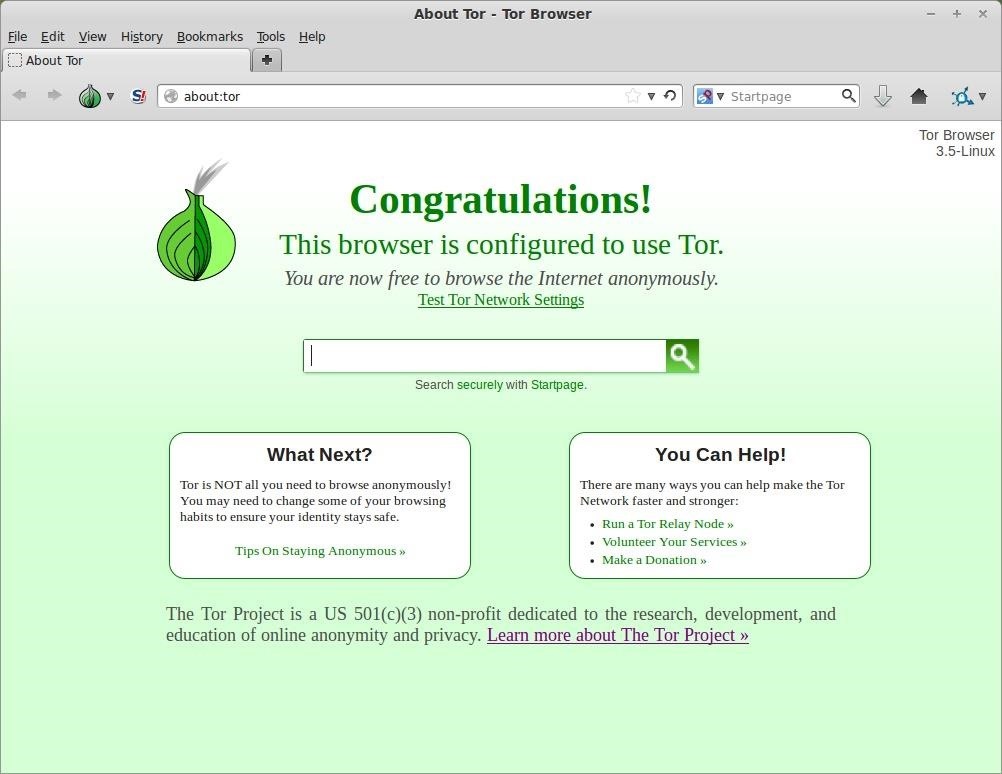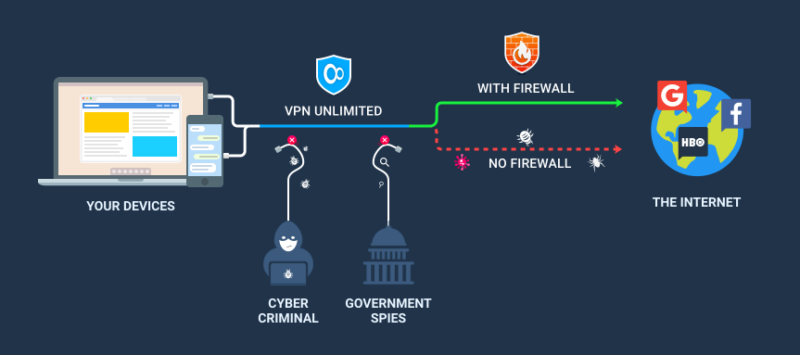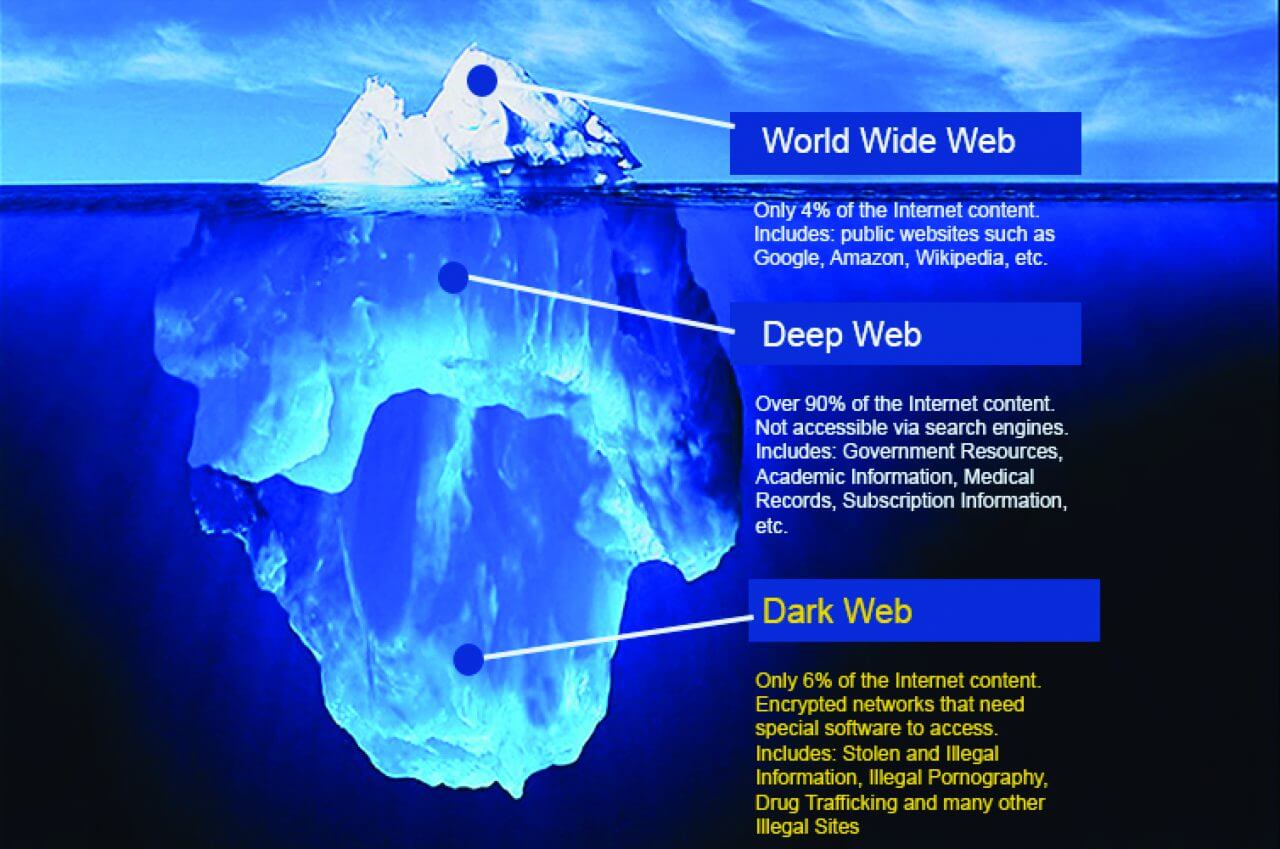May 01, 2023
Unlocking the Secrets of the Dark Web: A Beginner's Guide to Accessing the Hidden Internet

Accessing the deep web can be a daunting task, but with the right guidance, it can be done easily. It is important to note that links posted on the clear web can be malicious and it is best to proceed with caution. The dark web is commonly associated with marketplaces where illegal goods such as drugs, firearms, and stolen credit card numbers are sold. To access these sites safely, it is recommended to use the Tor browser. If the site has a "native" address set up, using the Tor browser to access it will ensure that you remain protected within the Tor cloud. With these precautions in mind, accessing the deep web can be a safe and informative experience.
Instead of using traditional hidden sites, I2P utilizes its unique eepsites. Although this endeavor was never fully implemented, the US military released the code under a free license in 2004. Here's a guide on accessing the Dark Web securely.
Ensuring your safety and anonymity while accessing the deep web is of utmost importance. Here are some steps you can take to be secured:
1. Use a reputable VPN: A virtual private network (VPN) will encrypt your internet connection and hide your IP address, making it difficult for anyone to track your online activity.
2. Use Tor: Tor is a free browser that can access the deep web and provides an extra layer of security. It is designed to keep your online activity anonymous by bouncing your connection through multiple servers around the world.
3. Be cautious with links: Links on the deep web can be misleading and may lead you to dangerous or illegal content. Always verify the authenticity of the link before clicking.
4. Use a secure operating system: Using a secure operating system like Tails or Whonix can provide an extra layer of protection by keeping your online activity and personal information separate from your computer's hard drive.
5. Don't use personal information: When creating accounts on the deep web, avoid using any personal information that could be traced back to you.
By following these steps, you can access the deep web safely and securely.
If you're looking to access the deep web, it's important to take certain precautions to protect your privacy and anonymity. This includes creating a new email address and setting up encrypted email, using a pseudonym to avoid being traced, setting up an anonymous bitcoin wallet, and disabling Javascript in Tor Browser. It's also important to research vendors before making any purchases. While it may seem daunting, taking these steps can help ensure your safety while browsing the deep web. Remember, there are desktop and mobile versions of Tor Browser available for download.
If you're looking to access the deep web, there are a few things to keep in mind. Firstly, many e-commerce providers have an escrow service to ensure customer funds are held until the product is delivered. Additionally, the peer-to-peer routing structure is more advanced than relying on a trusted directory for route information. It's important to note that traffic logs contain the content of your internet traffic, including search queries and visited websites, while session logs contain metadata such as your IP address, login time, and data transferred when using a VPN.
If you're curious about accessing the deep web, there are a few important things to keep in mind. First and foremost, it's important to understand that the deep web is not the same as the dark web. The deep web refers to any part of the internet that is not indexed by search engines like Google, while the dark web is a small portion of the deep web that is intentionally hidden and often used for illegal activities.
To access the deep web, you'll need to use a specialized browser like Tor, which is designed to protect your anonymity and privacy. Keep in mind that while using Tor can help protect your identity, it's not foolproof and there are still risks involved.
Another important consideration is your use of a VPN, or virtual private network. A VPN can help protect your online activity and keep your browsing private, but it's important to choose a reputable and trustworthy provider. Always compare different VPN services and read reviews before making a decision.
Overall, accessing the deep web requires caution and careful consideration of the tools and methods you use to protect yourself. Keep these tips in mind and stay safe online.
Unlocking the Secrets of the Dark Web: A Guide to Accessing the Deep Web
As a seasoned copywriter, I can provide a high-quality rewrite on the topic of "How to access deep web" from the following text. Check it out:
Are you curious about accessing the deep web? While Google indexes a vast amount of online content, there is still a plethora of data that remains hidden from the average user. For instance, iPhone apps, Dropbox files, academic journals, court records, and private social media profiles are just a few examples of the types of information that aren't readily available through traditional search engines. If you're eager to explore the depths of the internet, read on for some tips and tricks on how to access the deep web.
Accessing the deep web can be a daunting task, but with the help of a VPN, it can be done safely and securely. By using a VPN, your ISP won't be able to detect that you're connected to a Tor node, but will only see an encrypted tunnel to a VPN server. This enables users to create exclusive anonymous networks with only trusted individuals. Interestingly, there is a whole section of the deep web that is devoted how to access deep web to pornographic content.
Unlocking the Secrets of the Dark Web: A Beginner's Guide to Accessing the Deep Web
If you're looking to access the deep web, it's important to understand that traditional methods of browsing won't work. The deep web is a network of sites that are not indexed by search engines and require special software to access. One way to access the deep web is through the Tor network, which uses a series of virtual tunnels to keep your browsing anonymous. However, it's important to note that accessing the deep web can be risky and potentially illegal, so it's important to exercise caution and do your research before diving in.
Discovering how to access the deep web using the Tor Network is a simple process that every internet user can learn. With Tor, your traffic is automatically directed through the network, ensuring privacy and security. As an experienced copywriter, I can attest to the importance of staying safe online, and Tor is an excellent tool for accessing the deep web without compromising your security.
If you're looking to access the deep web, there are a few things you need to know first. The deep web is a part of the internet that is not indexed by search engines and can only be accessed through specific software or configurations. While there are legitimate reasons to access the deep web, such as for academic research or to protect your privacy, it is also home to illegal activities such as drug sales, weapons trading, and human trafficking. To access the deep web, you will need to download and use a Tor browser, which is specifically designed to access hidden websites. It is also important to take precautions, such as using a VPN to protect your identity and not sharing personal information, when accessing the deep web. Remember that the deep web can be dangerous and illegal activities should always be avoided.
As a seasoned copywriter, I can easily rewrite the topic "How to access deep web" from the following text. It should be noted that although Tor ensures your data is untraceable and encrypted, your ISP and network administrator can still detect that you're utilizing Tor. It's always best to err on the side of caution, no matter what your online activities may be. This is because the dark web is home to a plethora of hazardous content, and a VPN is a reliable way to safeguard your personal information and identity.
As an experienced copywriter, I can rewrite the text on "How to access deep web" in English. Here is my take: While using the Tor Network, your internet service provider and the authorities may not be able to monitor your online activities. However, they can detect that you are using the Tor Network, which can arouse suspicion.
Unlocking the Secrets of the Deep and Dark Web
If you're interested in accessing the deep web, there are a few steps you can take to do so safely. First, make sure you're using a secure browser like how to access deep web Tor. This will help keep your IP address and personal information hidden. Second, be aware of the risks involved with accessing the deep web, such as encountering illegal activities or malware. Third, only access websites or services that you trust and have verified as legitimate. By following these guidelines, you can explore the deep web without putting yourself at unnecessary risk.
To access the deep web, you must take extra precautions that go beyond traditional online shopping. While dark web commerce sites offer familiar features like ratings, reviews, shopping carts, and forums, there are significant differences. To ensure maximum protection, it's essential to use both Tor and VPN. Step 2 involves downloading Tor, which is the first necessary step towards accessing the deep web.
According to Tiquet, deep web is widely used in countries where there is surveillance or internet access is prohibited.
Explore further
Distributed by LaGambler4, LLC.
















